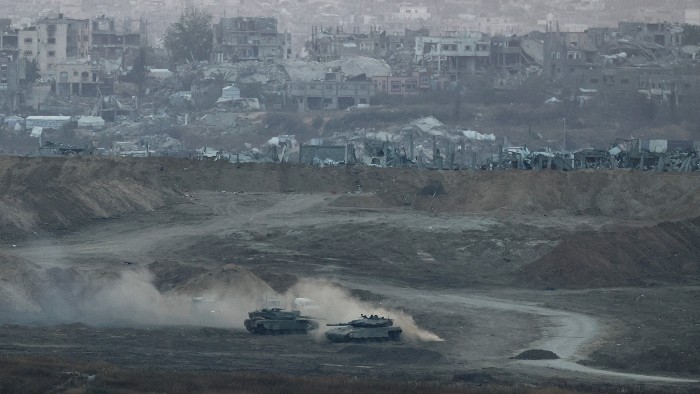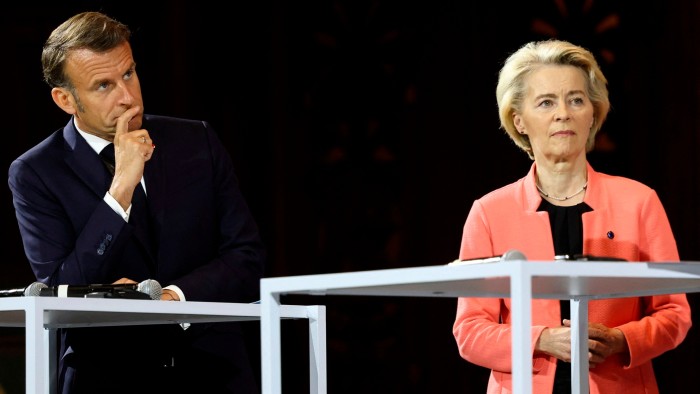Israel cabinet approves expansion of Gaza offensive

Unlock the Editor’s Digest for free
Roula Khalaf, Editor of the FT, selects her favourite stories in this weekly newsletter.
The Israeli government has approved plans to escalate its offensive in Gaza, including the possible full reoccupation of the shattered Palestinian enclave.
Monday’s unanimous decision by the security cabinet of Prime Minister Benjamin Netanyahu follows nearly 19 months of war that have so far failed to either fully defeat Hamas or secure the release of all the remaining Israeli hostages.
Netanyahu said the military had put forward a “good plan” that would finally achieve both Israeli war aims.
An Israeli official said the new operation would see intensifying attacks across all of Gaza, with Israeli forces holding territory deep inside the strip. It would include the potential reconquest of the entire enclave, the forced evacuation of the Palestinian population southward once again and the denial of Hamas control over humanitarian aid supplies.
The Israeli cabinet also officially approved the implementation of a contentious new system of humanitarian aid delivery into Gaza — “if necessary,” according to the Israeli official. The aid plan has been roundly rejected by international aid groups as unworkable and insufficient.
Israel resumed its offensive in Gaza in March after breaking a two-month ceasefire, with its troops again seizing swaths of the south and north of the territory.
It has since then also cut off supplies of food, fuel, medicine and aid to Gaza’s 2.1mn population, exacerbating hunger and malnourishment in the territory and driving prices for fruit and vegetables to extremely high levels in the few places where they can still be obtained.
However, far-right ministers on whom Netanyahu’s ruling coalition depends for its parliamentary majority had been demanding a far bigger operation in the shattered territory, where Hamas is still holding 59 Israeli hostages — fewer than half of whom are still thought to be alive.
The Israeli military over the weekend began calling up thousands of reservists, although analysts said they did not expect the expanded offensive to begin until after US President Donald Trump’s trip next week to various Gulf states.







